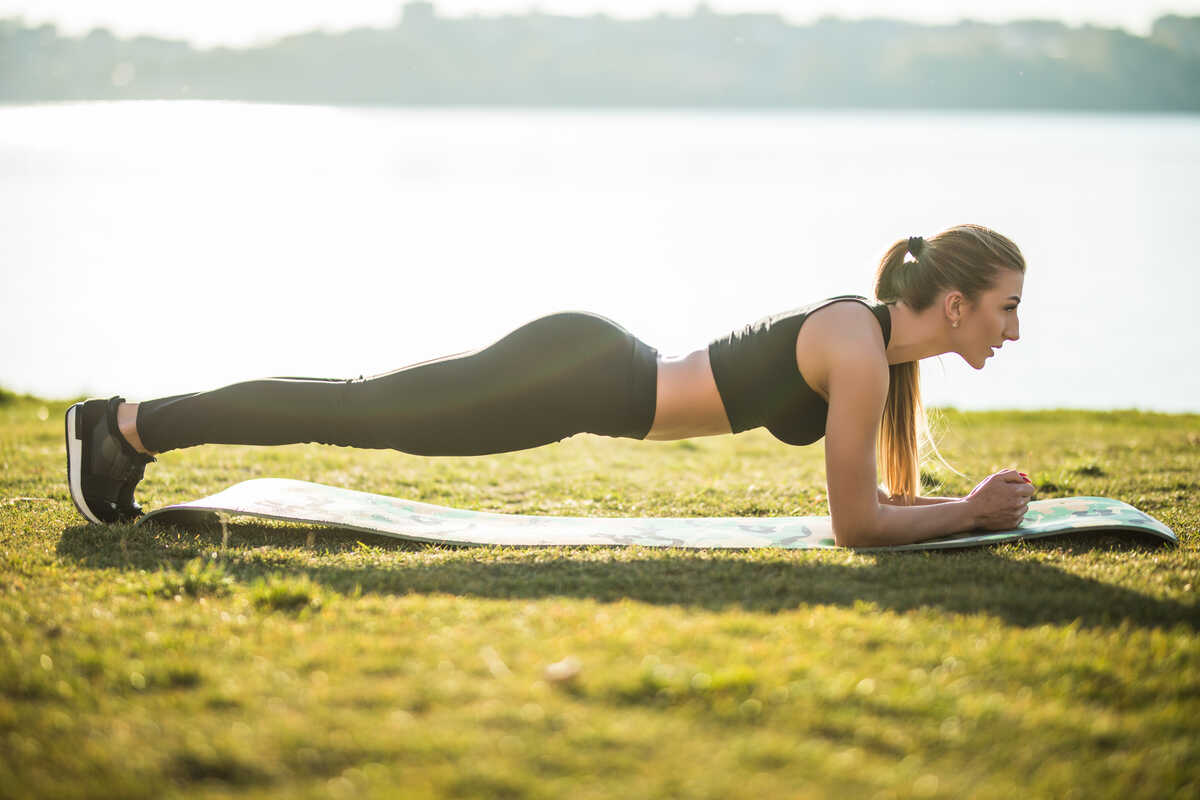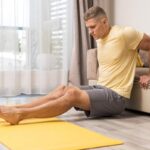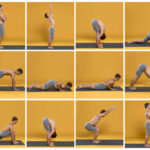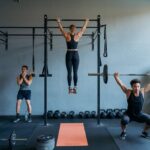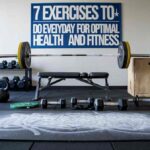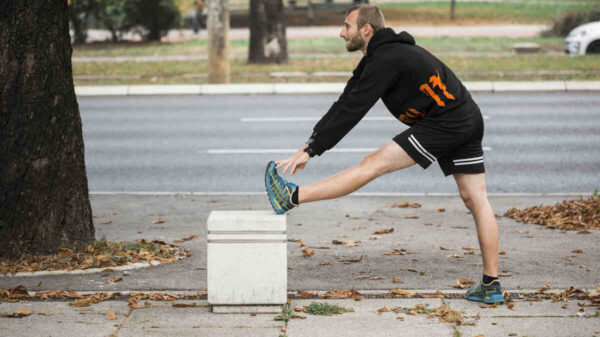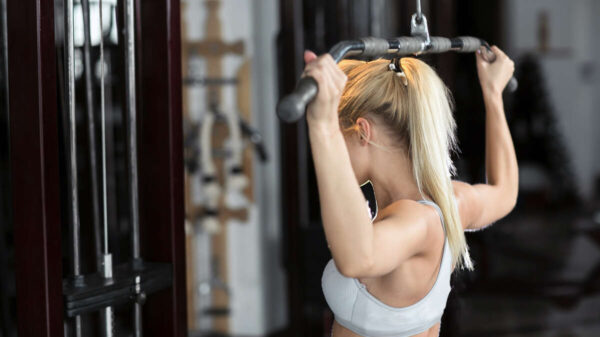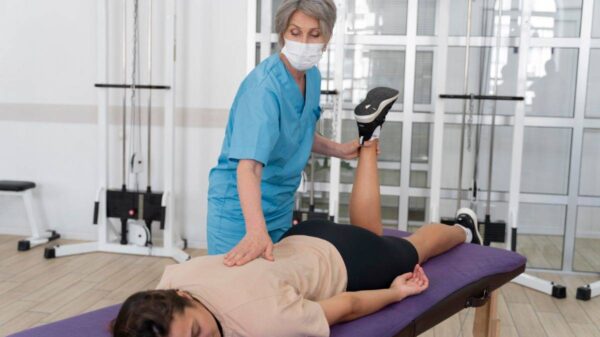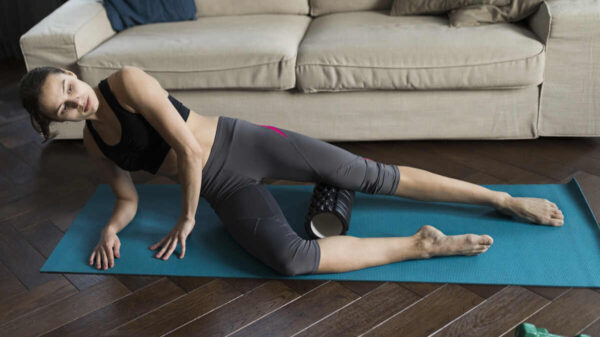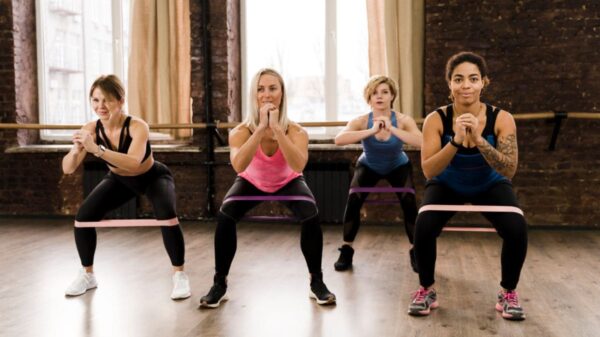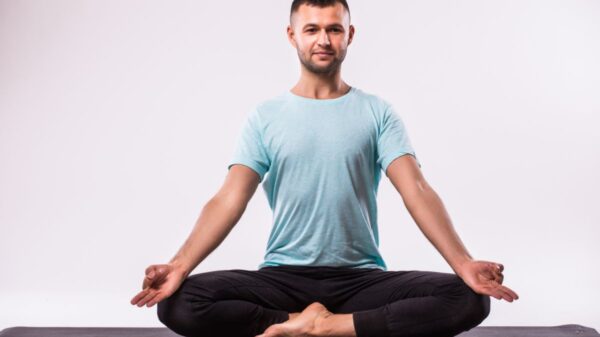Staying active is essential for overall well-being, and finding ways to make exercise regular part of your life can have significant mental and physical health benefits. Whether you’re a beginner or an experienced athlete, creating workout routine that fits your lifestyle & goals is crucial. In this post, we’ll discuss some of the best 7 exercises to do everyday, how to build workout routine that works for you, & how exercise can improve your mental health.
7 Best Exercises for Beginners
Embarking on a fitness journey can feel overwhelming, but starting with simple and accessible exercises is key to building a strong foundation. Here are seven great exercises for beginners that will help you improve your overall fitness:
Brisk Walking
Walking is one of the easiest and most effective exercises to start with. It requires no special equipment and can be done virtually anywhere. Aim for 30 minutes of brisk walking. This exercise helps improve cardiovascular health, increases stamina, and is gentle on the joints.
 Cycling
Cycling
Cycling outdoors or on stationary bike is a fantastic low-impact workout. It strengthens the leg muscles, improves endurance, and is a great cardiovascular exercise. Cycling is ideal for beginners because adjusting the intensity to match your fitness level is easy.
 Bodyweight Squats
Bodyweight Squats
Squats are a great bodyweight exercise that targets your lower body, particularly the quadriceps, hamstrings, and glutes. Start with basic squats and ensure proper form. As you build strength, you can increase number of repetitions or add variations like squat pulses.
 Push-Ups
Push-Ups
Push-ups are a fundamental bodyweight exercise that engages your upper body, including the chest, shoulders, and triceps. If regular push-ups feel challenging, modify them by performing them on your knees or against wall. Start with a few reps and gradually increase the number as you get stronger.
 Lunges
Lunges
Lunges target the lower body, especially the thighs, and glutes while improving balance and coordination. Start with bodyweight lunges and ensure your knees do not extend beyond your toes. As you gain strength & confidence, you can add weights or increase the number of sets.
 Plank
Plank
The plank is good exercise for building core strength & stability. Hold the position for 10-20 seconds & gradually increase the duration as you build endurance. A strong core is vital for supporting your daily movements and overall fitness.
How to Build a Workout Routine
Building a workout routine that suits your needs is key to achieving your fitness goals. Start by setting small, goals that can gradually increase. Here’s a step-by-step guide on how to build a workout routine:
Step 1: Determine Your Goals
Are you aiming to lose weight, enhance strength, or increase endurance? Determine your fitness goals for more effective workouts.
Step 2: Choose a Mix of Exercises
A balanced routine should include both cardio exercises and strength training. For example, you can alternate between walking or running for cardio and weightlifting or bodyweight exercises for strength.
Step 3: Start Small
Don’t overwhelm yourself by trying to do too much too soon. Start with 20-30 minutes of daily exercise and gradually increase the duration and intensity.
Step 4: Stay Consistent
Consistency is key to seeing results. To start building a habit, try sticking to your routine for at least a few weeks.
Quick Exercises for Weight Loss
If weight loss is your goal, centring on exercises that boost your metabolism & burn calories quickly is essential. Here are some quick exercises that are effective for weight loss:
- High-Intensity Interval Training (HIIT) involves alternating between short bursts of intense activity and rest periods. HIIT can be done with bodyweight exercises like jumping jacks, burpees, and mountain climbers.
- Jump Rope: Great cardio workout that can burn many calories in 10-15 minutes.
- Running or Brisk Walking: Both exercises are simple and effective for burning calories. You can vary your pace to increase the intensity and burn more calories.
Incorporating these quick exercises into your routine a few times a week will help you lose weight and improve cardiovascular health.
Best Exercises for Mental Health
Exercise doesn’t just benefit your body; it’s also essential for your mental health. Regular physical activity can reduce stress, anxiety, & symptoms of depression. Here are some of the best exercises for mental health:
- Yoga: This ancient practice helps improve flexibility, reduce stress, and enhance mental clarity. Many studies show that yoga can be an effective tool for managing anxiety and depression.
- Walking: A simple walk in nature can help clear your mind, reduce stress, & elevate your mood.
- Tai Chi: Known for its slow, flowing movements, Tai Chi can help reduce anxiety & improve mindfulness.
These exercises are practical for improving mental health and gentle on the body, making them suitable for people of all fitness levels.
Exercises to Do Every Day
To experience the full benefits of regular exercise, aim to include some form of daily physical activity. Even if it’s just 15-30 minutes, a daily routine will improve your mood, energy levels, and overall health. Here are some examples of exercises to do every day:
- Stretching: Start and end your day with stretches to increase flexibility and reduce muscle tension.
- Core Workouts: Planks, sit-ups, and leg raises will help strengthen your core muscles.
- Low-Impact Cardio: If you’re short on time, try low-impact cardio, like cycling or walking, to stay active without straining your joints.
Remember, the goal is to make exercise a part of your daily routine. Consistency is key to seeing long-term results.
Conclusion
Building a workout routine and incorporating the best exercises into daily life can significantly improve your mental and physical health. Start small, choose exercises that fit your fitness level, and stay consistent. Whether you aim to lose weight, reduce stress, or improve overall health, a balanced routine that includes cardio and strength exercises is essential.
By making exercise a daily habit, you’ll feel stronger physically and experience a boost in mental well-being. Don’t forget to listen to your body and adjust your routine as needed. Consistency is key to building long-term fitness and achieving your personal health goals.

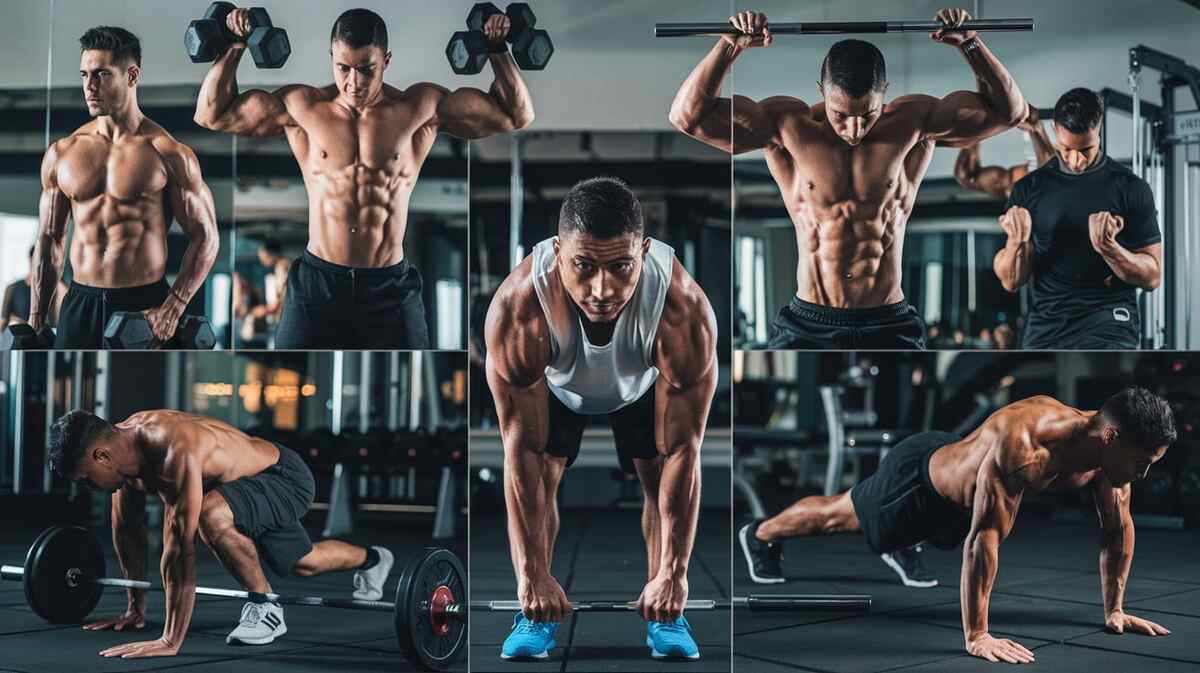
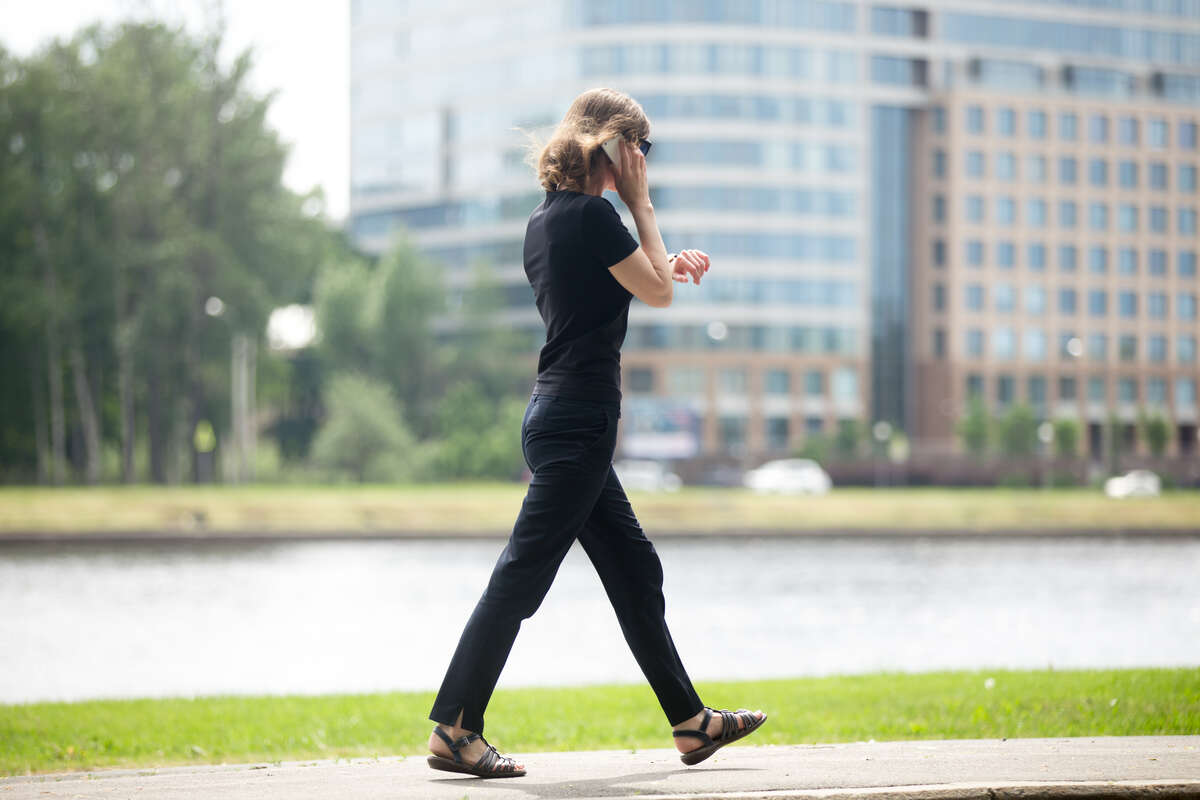 Cycling
Cycling Bodyweight Squats
Bodyweight Squats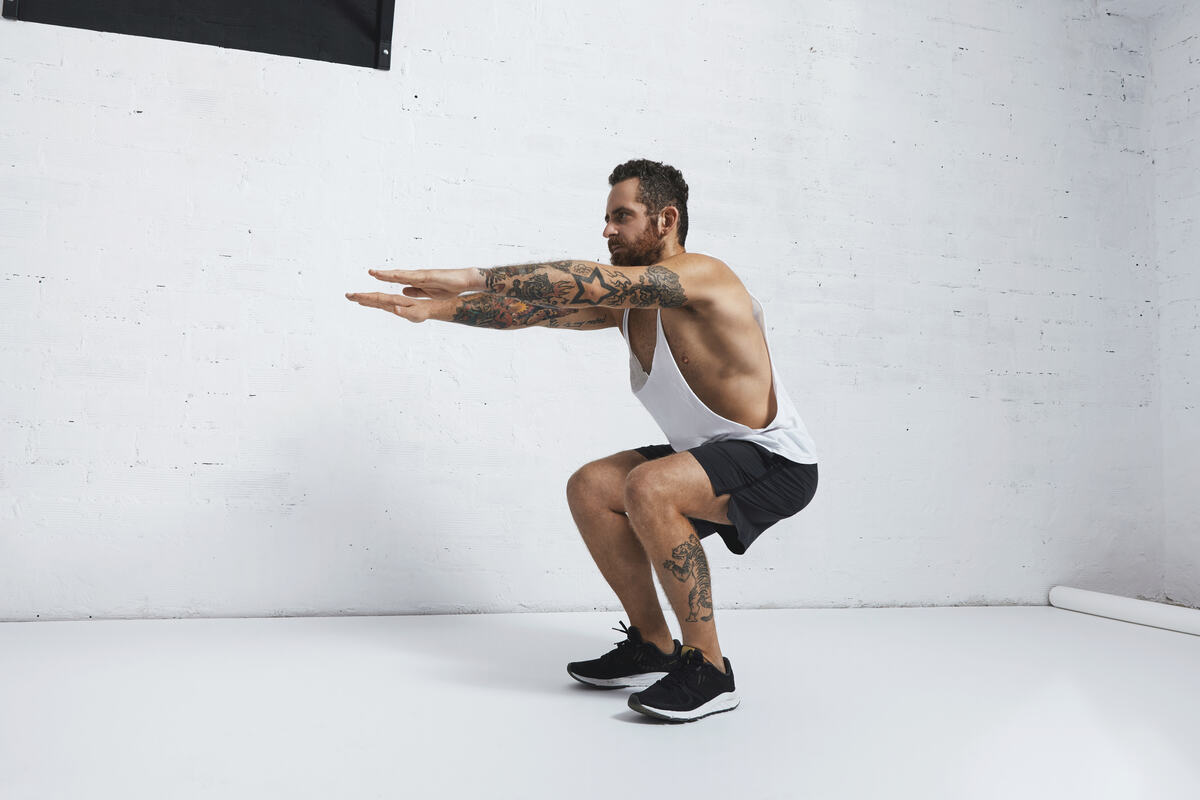 Push-Ups
Push-Ups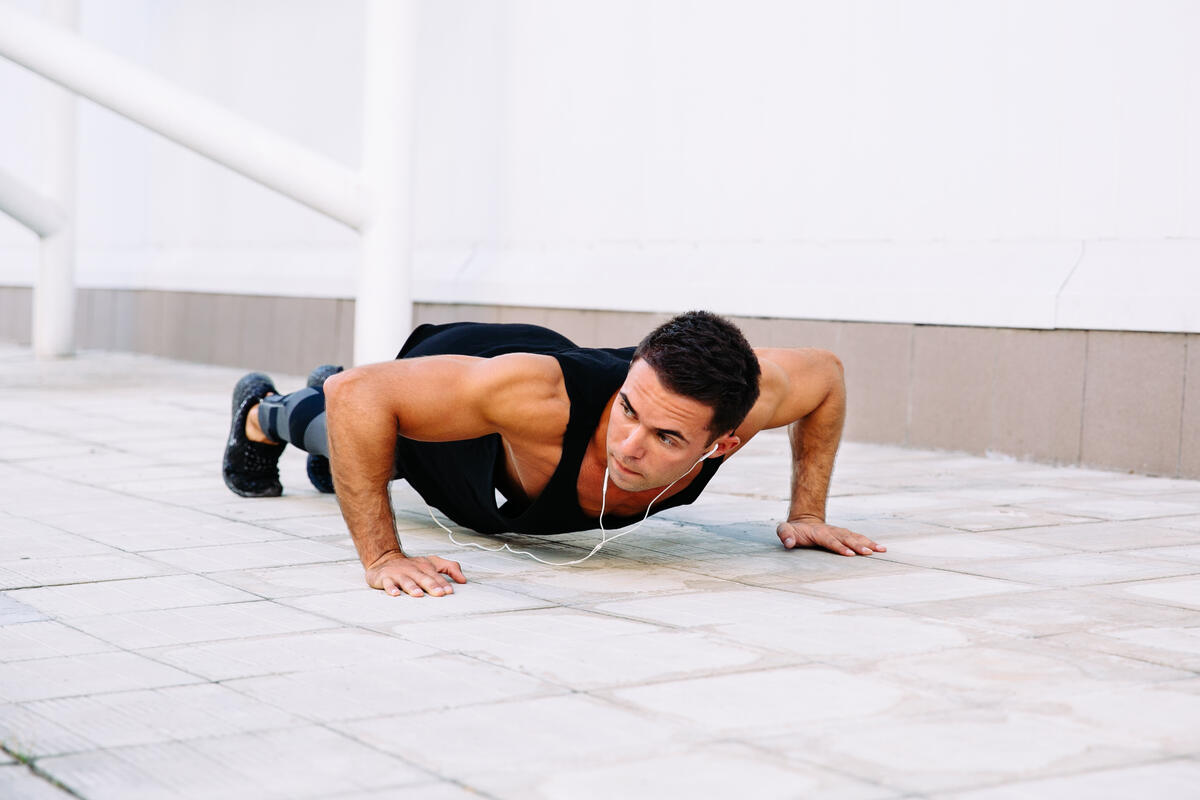 Lunges
Lunges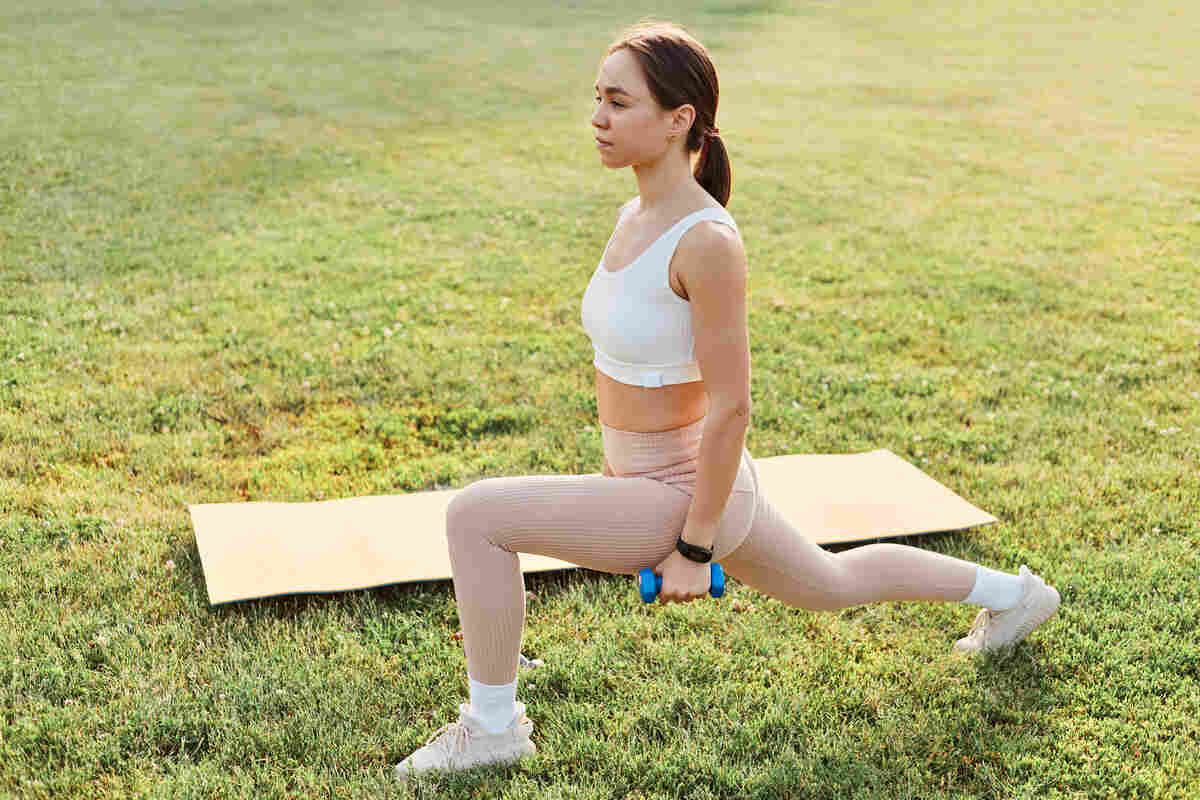 Plank
Plank